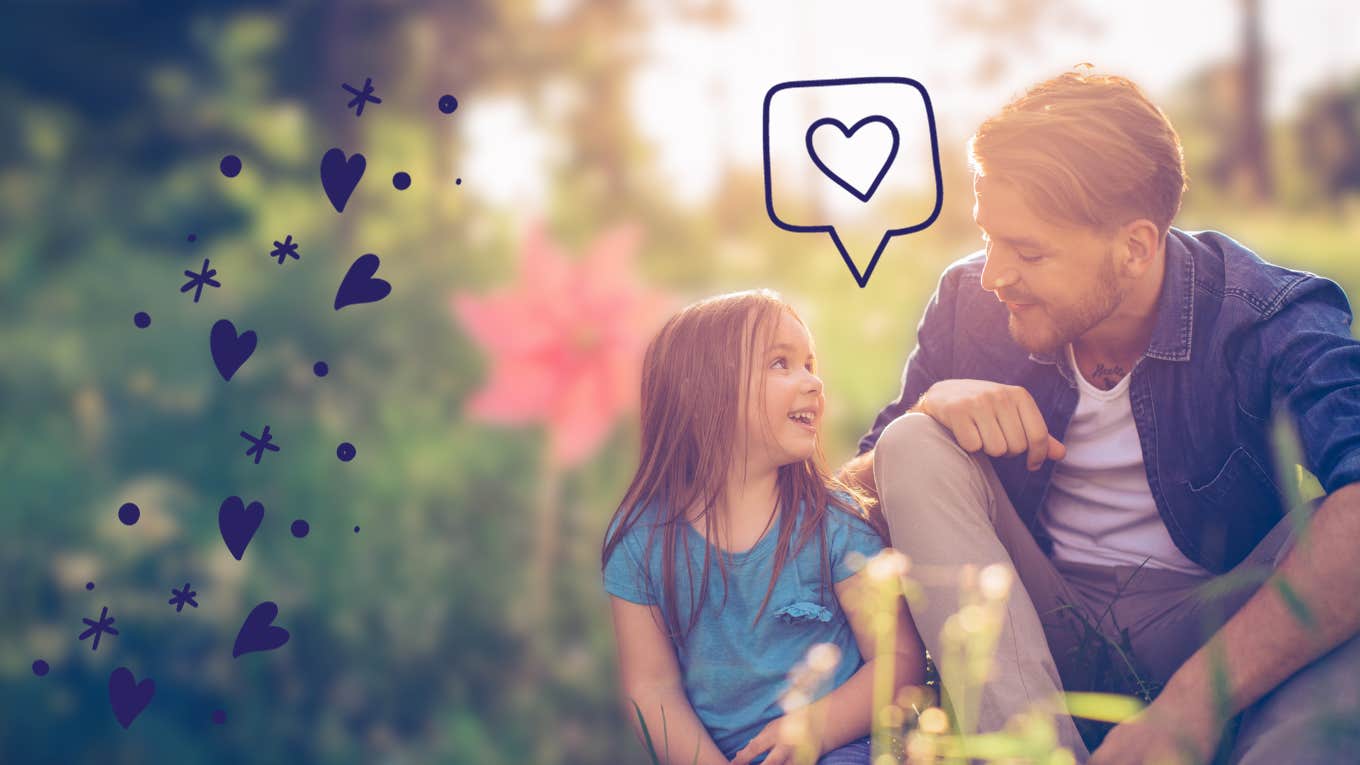A Simple Shift In Thinking That Can Have A Huge Impact On How Your Kids Feel About You
Therapist and Attachment Expert Eli Harwood explains how this important mindset shift helps parents develop secure attachments with their children.
 svetikd from Getty Images Signature
svetikd from Getty Images Signature As a therapist and a mom of three, nothing matters more to me than giving my children a secure attachment experience with me. I want them to feel loved, supported, seen, empowered, and resilient.
I'm guessing the 99% of you reading this just nodded your head in agreement, thinking, "Yes. We want this. It is the truest wish of a parent's heart."
Wishing for a secure relationship with your child and knowing how to give it are two very different things.
I have worked with so many parents who had their hearts in the right place but didn't understand that the cart cannot go before the horse.
The Cart And Horse Theory — What It Has To Do With Secure Parent & Child Attachment
The cart: This is all of the efforts we make to do the right thing for our children and create a secure attachment.
The functional interventions (trying to be gentle and kind), the practical nurture (packing their lunches with notes), and the long list of "I will never do that" from our own childhoods that we swear to refrain from repeating.
The cart is important. Our children need us to learn the practical applications of love and support.
But — The cart needs a horse to work properly.
The horse: This is the work we put in to heal our own attachment wounds and insecurities.
Why? One of the central tenets of a securely attached parent is someone who can be emotionally attuned, responsive, and effective at soothing.
Which means we have to be emotionally calm and grounded most of the time. Particularly, in the moments when our children are not.
If we have not made the reflective efforts to understand our own emotional needs and experiences in childhood, and how we developed as a result, our efforts to act calm or nurturing will be less effective because we will either be too shut down or too amped up for our presence to be calming and reassuring to our children.
In the realm of attachment, intention and effort are trumped by nervous system status.
If we want our children to experience security from us, we must have actual emotional security to lend them.
That can't happen if we aren't willing to take a good long look at our own attachment journey.
If you have been trying everything you can with all of the parenting tips you can gather, but still feel out of sync with your child or children, it is probably time to get some care for yourself — to explore your story and your patterns in a way that helps you feel more secure.
Oh, and then to lean on other adults in hard times.
Growing up isn't about never needing support from others.
It's about being able to notice what we feel and need and being able to ask another adult directly for that support.
The horse is your personal healing, the cart is the loving strategies you use with your kids.
Put them in that order, and watch your relationships with your children giddy-up in a way you have never seen before.
Eli Harwood, therapist and relationship coach, is the author of the book Securely Attached which aims to help people work towards learning secure patterns of relating to other adults. She can be found on Instagram, YouTube, and TikTok.

